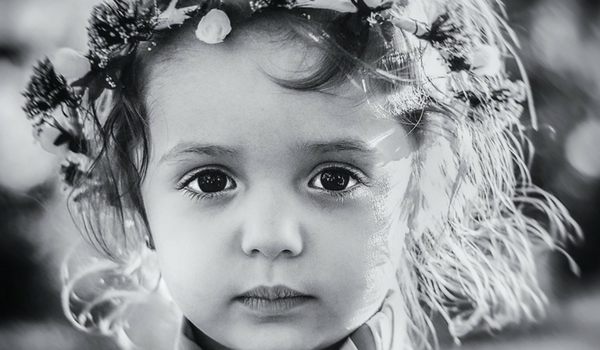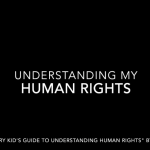
Image: Pixabay
Ever wonder why you can be told you are loved, by your parents, your teachers, and ministers from the pulpit, and not ever feel loved? Why do fundamentalist Christians tell others they love, love, love, but all it ever feels like is they hate, hate, hate? What is the disconnect between their words and the way their intentions are perceived?
To feel loved is such a luxury, and it has taken me decades of life to pinpoint those rare moments when I actually felt and believed deep in my bones that I was loved. I’ve also learned the reason why lovely friends can tell me they love me but it will mean almost nothing to me.
And it is because of this–they do not know me.
They may know the lame jokes I post on Facebook. They may see my cordial smiles in passing, or my social banter at parties. They may have spent many years rubbing shoulders with me in everyday life, and still they do not know the real me. And I don’t even blame them because it’s taken me years to get to know the real me.
The process of getting to know ourselves and each other require the slow labor of building trust, of deep listening, of willingness to get uncomfortable and carry one another’s burdens, of the risk of alienation for the hope of reconciliation. It is a beautiful dance of reciprocity to get in sync to anticipate the other’s moves and yield to their rhythms. But behind every dance number is the hard labor of getting in shape—the tearing of muscles before it can be built and the unrelenting frustrations of missteps, broken toes, and lost tempers.
People say the ultimate joy is to be known and to be loved. That God knows us and loves us unconditionally. That the Special Thing about God’s love is that God will love us even though God knows all our dirty little secrets.
I disagree.
God does not love us in spite of knowing our imperfections.
God shows us God loves us through God’s knowing.
Because I have never not loved anyone I have taken the effort to get to know. Never. Not one. Like Mary Lou Kownacki says, “There isn’t anyone you couldn’t love once you’ve heard their story.” To know is to love.
To truly know someone is to set aside judgment of that person’s choices, character, and circumstances. Your only agenda is to discover what is true of them, not to impose your values upon them. There is no greater love than this: that one would put aside all our presuppositions, preserve all our judgments, lay down all our sensibilities, in order to hear another’s story and see them for who they are. To make out through the fog of societal expectations their authentic being. To be tender enough that that true person is willing to be coaxed out, to bravely step from being unknown into being known.
This is an important truth for us as parents. We can say we love our kids until our throats run dry, but until we invest in the effort of knowing them our love will ring hollow. Unfundamentalist parenting is to engage our children in the dance of knowing them even as they embark upon the dangerous and delightful journey of knowing themselves.
You know what’s better than giving your child a compliment? Giving them a specific compliment. Let our words of affirmation be drenched with at least attempts to understand their unique identity. To know is to love is to know our children. Really get to know them. Invest in dismantling the parts of yourself that makes it unsafe for a child to open themselves up to you. Make the time and space for them to show themselves. And when they do, let yourself be bowled over by the stunning image of God imprinted on their spirit, and they will startle us with their uniqueness, their particularity, and their capacity for life.
And then, to keep knowing as they grow. I see so many parents embrace their adult children as if they are still the same child that grew up in the home. I want us to be fascinated by the evolution of our children’s changing identities, even after they have flown the nest. To suspend our preconceived notions of our children, our previously known versions of them, and be open to how they’ve developed.
Our dance with our children will change as both they and us age, but with intention and effort, we can glide into shifting motions with grace, instead of drifting apart.
How then, should we love our children? We know them, see them, and show up for them.
Get a free download of a Christian parenting manifesto that helps us guide children into healthy spirituality + the most helpful parenting resources with progressive values.












